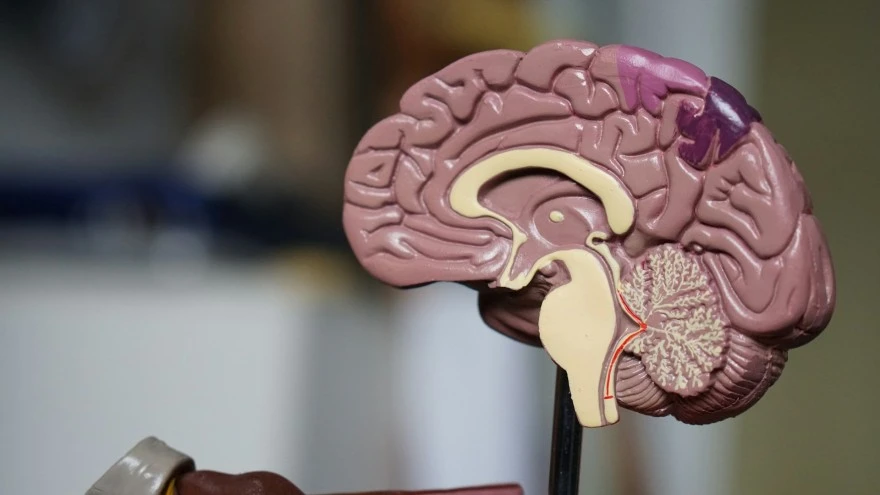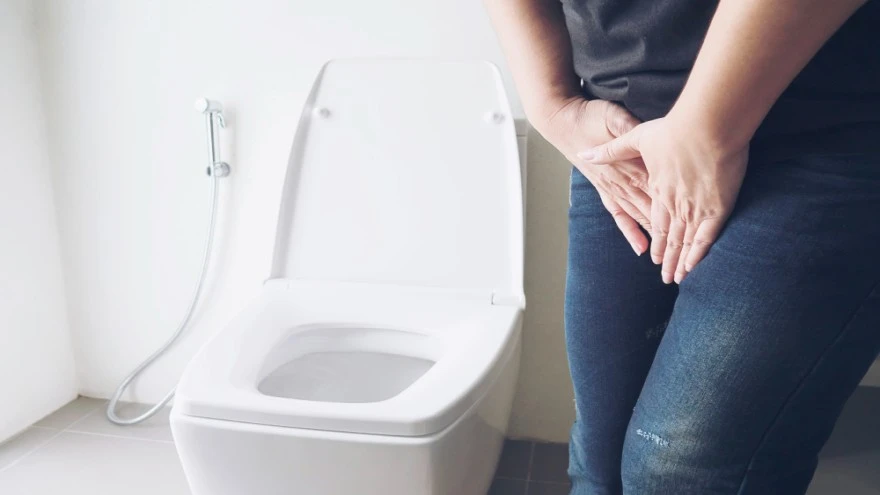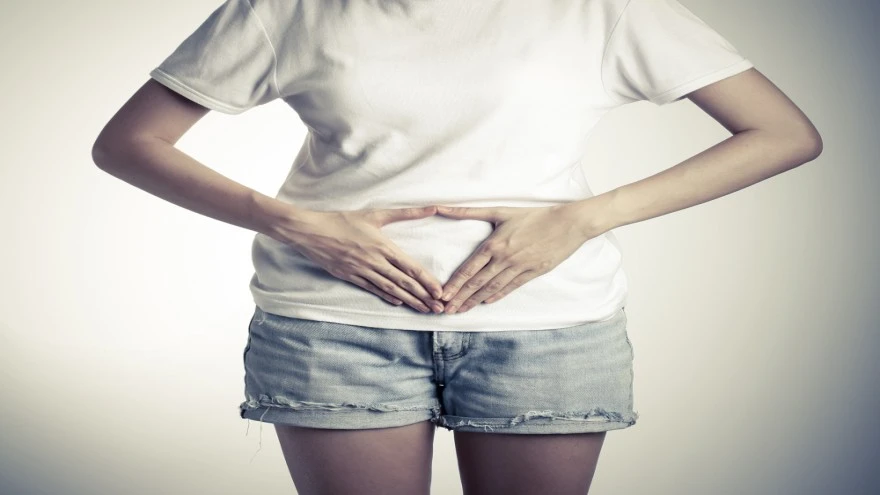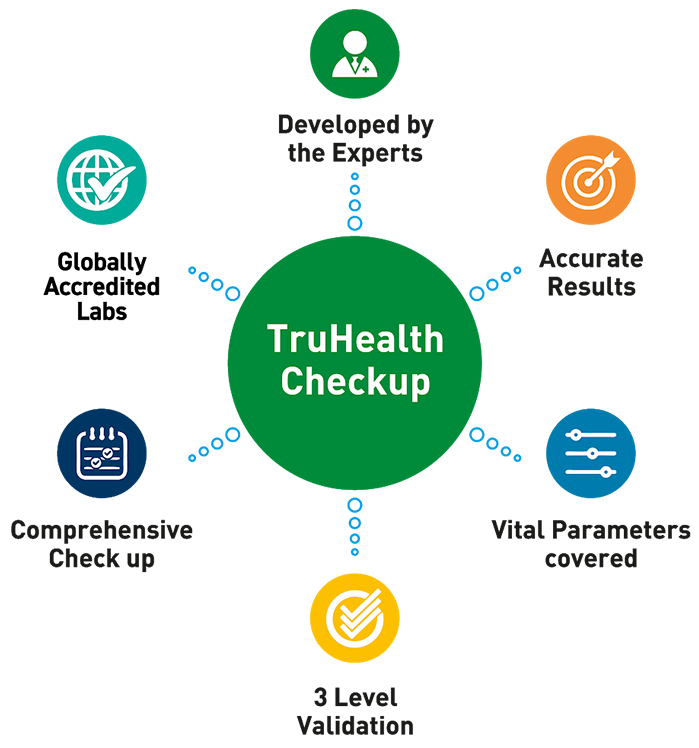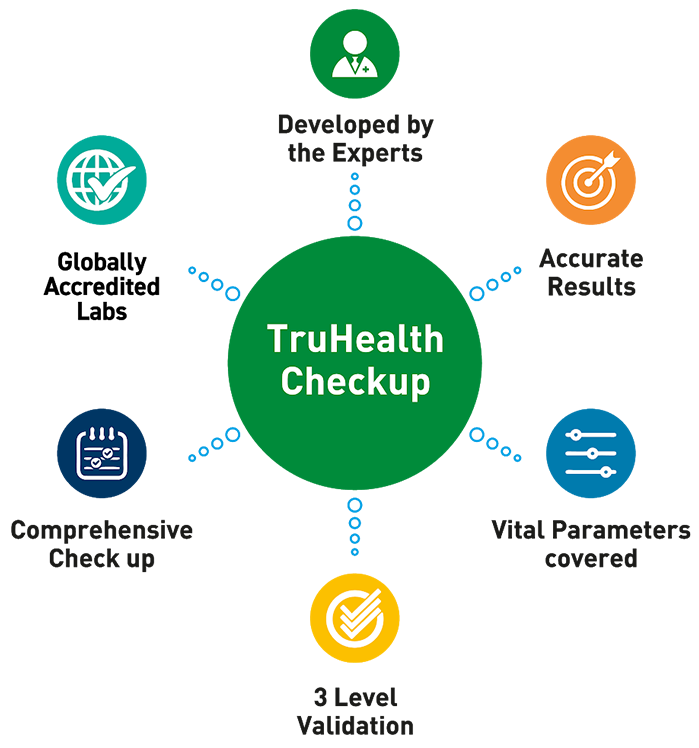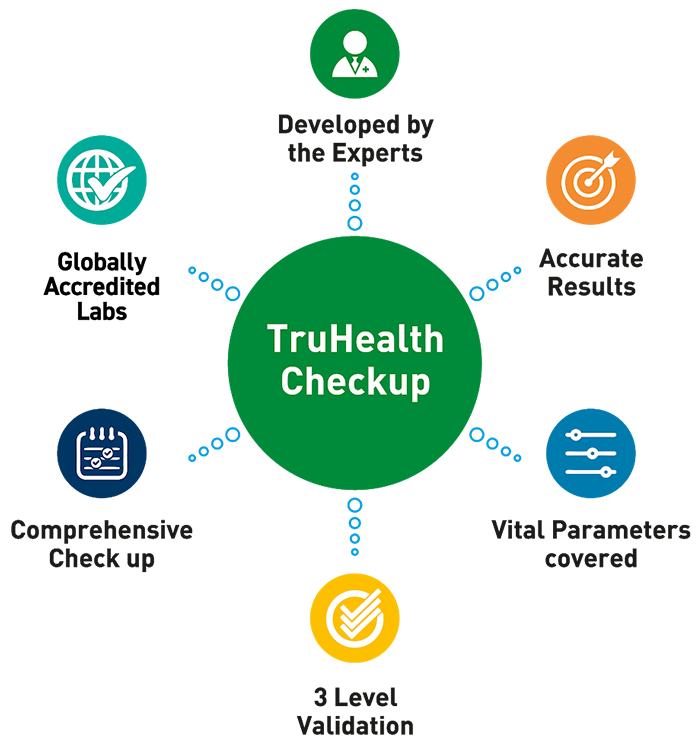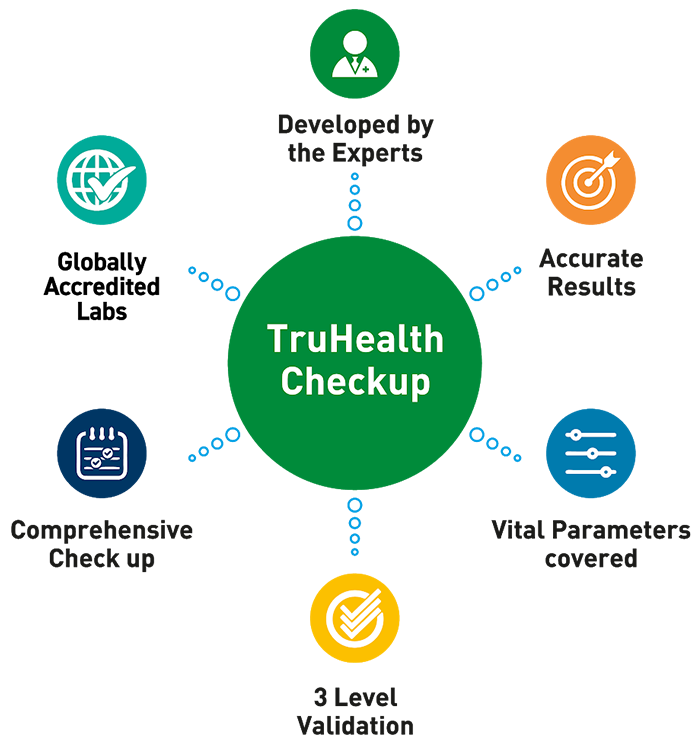Disease
Low Testosterone Symptoms: Know Levels, Causes and Treatment

Table of Contents
- What is testosterone?
- What is low testosterone?
- How do you test testosterone levels?
- What are the causes of low testosterone?
- What are the symptoms of low testosterone in men
- What are the symptoms of low testosterone in women?
- How can you increase testosterone levels naturally?
- What are the treatment options for low testosterone?
What is testosterone?
Testosterone is the primary male sex hormone produced by the testes. It is responsible for developing male characteristic features like facial and body hair, muscular strength, deep voice, etc. Moreover, testosterone is needed to produce sperm. Although testosterone is a male sex hormone, it is produced in small amounts in women’s ovaries. It combines with oestrogen to help in bone mass and maintenance and growth of reproductive tissues.
What is low testosterone?
The average testosterone levels vary depending on factors like protein levels, thyroid functioning, etc. However, the AUA (American Urological Association) has fixed 246-836 ng/dL as the normal level for a man. Normal testosterone levels in men are different from that in women. The average testosterone levels for women vary from 15-70 ng/dL. Testosterone levels below this are said to be low levels of testosterone.
Testosterone levels are at their peak in adolescents and young adults. Then they start declining at 1% every year after 30 years of age. This is natural. However, too low levels of testosterone can cause undesired effects. So, it is better to test your testosterone levels if you suspect deficiency and decide if you need treatment for low testosterone.
How do you test testosterone levels?
To determine if you have testosterone deficiency, your doctor will ask you to measure the hormone levels in your blood. The hormone levels are usually high in the morning. So, it is generally recommended to take the test before 10 am for young adults and before 2 pm for men of age 45 and above. You should mention your medications because some may affect hormone levels. Your doctor will ask you to stop taking them before testing. It is a simple test, and there are no risks involved. Measuring total testosterone is usually sufficient for diagnosis. However, in cases of mild abnormalities total testosterone and bioavailable/ free testosterone should be measured
What are the causes of low testosterone?
Causes of low testosterone in men include:
- Ageing
- Injury to the testicles
- Infection in testes
- Trauma leading to head injury
- Medications like corticosteroids and pain meds like opioid
- Obesity and high body fat
- Extreme weight loss
- Overconsumption of alcohol
- Drug abuse
- Treatments for cancer, including radiation and chemotherapy
- Emotional stress
- Chronic illnesses including liver cirrhosis, hypothyroidism, uncontrolled type 2 diabetes mellitus, and kidney failure
- Pituitary gland diseases like tumour and dysfunction
- Genetic reasons like Klinefelter syndrome
- Sleep apnea
What are the symptoms of low testosterone in men
1. Low libido
Sexual desire will decrease drastically if the testosterone levels are low because testosterone plays a significant role in libido.
2. Erectile dysfunction
Testosterone commands your brain to produce nitric oxide that stimulates a few reactions necessary for erection. When the hormone levels are low, the risk of difficulty getting and maintaining an erection is high.
3. Decrease in muscle mass
Testosterone levels and muscle mass are directly proportional. The more the level of testosterone, the more muscle mass. Hence, when testosterone levels decrease, the muscle mass also decreases.
4.Tiredness
If you feel extremely exhausted and cannot find the energy to perform your everyday tasks, it could be one of the symptoms of low testosterone.
5. Hair loss
Low testosterone not only affects the hair on top of your head but has an impact on facial and chest hair too.
6. Heavy sweating
Feeling hot, sweating excessively, sweating suddenly while sleeping, and redness of the skin are symptoms of decreased testosterone levels.
7. Changes in mood
Low testosterone levels can cause anxiety, anger, irritability, hostility, and mood swings. It also increases stress.
8. Small penis
Testosterone plays a vital role in the development of the penis, and it may make your scrotum look softer than usual.
What are the symptoms of low testosterone in women?
- Decreased sex drive
- Mood swings
- Weight gain
- Infertility
- Sleep issues and
- Loss of memory
How can you increase testosterone levels naturally?
1. Exercising and weight lifting
Studies have proved that exercising regularly can boost testosterone levels. Weight lifting, resistance training, and high-intensity interval training are the best exercises that work to a large extent.
2. Proper diet
Include more protein in your diet. It helps in weight loss which is essential for increasing testosterone. Carbohydrates are also needed for better resistance training. A balanced diet with protein, carbs, and healthy fat will help to optimise hormone levels.
3. Good sleep
A study shows that people who slept for just 5 hours a day had low testosterone levels compared to those who slept for 7 or more hours a day. Experts have concluded that there is a 15% increase in testosterone production for every additional hour after 5 hours of sleep.
4. Onions, ginger, and garlic
Include onions, ginger, and garlic in your recipes. They contain flavonoids that boost the production of testosterone. Add spice to your foods to increase testosterone.
5. No stress
Get rid of stress because stress increases the production of cortisol, which decreases testosterone.
What are the treatment options for low testosterone?
Testosterone therapy is the best testosterone treatment. Testosterone replacement therapy can be in one of the following ways.
- Gel - Topical gels rubbed on thighs, shoulders, and upper arms increase testosterone levels.
- Skin patch - A patch applied on the skin in the evening is very effective. The patch has to be changed after 24 hours.
- Injections - Testosterone levels rise instantly to very high levels after the injection, but the sudden rise may cause mood changes.
- Oral medications - It may be in the form of capsules that can be swallowed or tablets that are attached to the side of your inner cheek.
However, testosterone treatment may cause undesired side effects like sleep apnea, shrinking of testicles, decrease in sperm count, and acne. It should be taken only if the doctors recommend it.
Taking a testosterone profile test is essential to decide if you need testosterone therapy or not. So, if you are experiencing the symptoms of low testosterone, take a testosterone profile test without delay.








